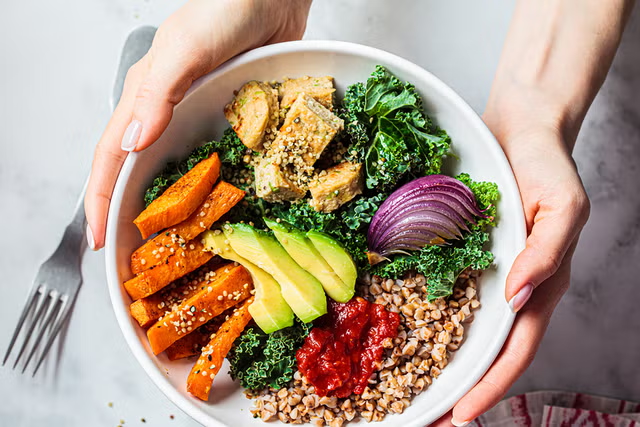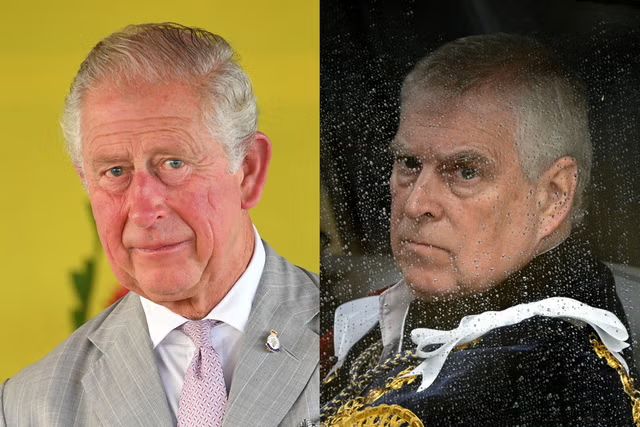Even though the Garrick Club voted at the start of May to admit women after an incredible 193 years of uninterrupted bro vibes, the issue of anachronistic men’s clubs isn’t going away anytime soon. This week, another posh, male-only establishment – London’s 140-year-old Flyfishers’ Club, based in a grand clubhouse in Mayfair – has come under scrutiny for their policy of not admitting women. Leading female angler and instructor Marina Gibson, who has just written the book Cast, Catch, Release, called out the club – whose patron is King Charles – at the Hay Festival this week. In response, the club’s president, Alastair Collett, told The Daily Telegraph this week that “the matter is under consideration” and may be put to a membership vote.
The existence of a Flyfishers’ Club in central London is curious enough. For anyone not familiar with Mayfair, it is a decidedly land-locked area, with no fish to be found except the £46 sea bass on the menu at Claridges next door. But perhaps just as curious, amid this overdue examination of gentlemanly hegemony, is how little we acknowledge that our own personal gangs, cliques and besties are just as ruthlessly same-sex as the outdated institutions now being scrutinised.
There’s absolutely no social stigma around the idea of men only meeting up with the guys, fellas or lads on a Friday night. Or women solely doing brunch with the girls, the ladies or the huns on a Saturday. Just as defenders of the ancient clubs lurch to say “it’s traditional”, our penchant for ruthlessly gendered leisure experiences is so dyed in the wool that we rarely stop to question it. We don’t sneer and dismiss a woman-only book group in one corner of the pub, nor do we tear strips out of a group of men on their monthly curry night in the other corner. It’s genuinely worth a moment of self-examination. I’ll start.
Having spent my childhood and teens in a tight-knit cluster of boys, (think The Inbetweeners meets Last of the Summer Wine), I spent my adult life actively steering away from “the lads” as much as earthly possible. I made way more female friends, went on about eight hen-dos (versus just two stags), and generally enjoyed bucking gender norms along the way. It was only after becoming a father, seeing children very naturally gravitate towards playgroups of their own sex that it changed me a bit. I started craving – in moderation – “the lads” again, as a way of tapping back into the feelings I had as a child myself.

Asking people why their primary squad comprises only other men or other women – aside from romantic or sexual reasons if they’re not heterosexual – is revealing. Try it sometime. The themes are often quite sweetly the same, regardless of gender: a feeling of being able to be free, to be oneself. A feeling of joy at being yourself, of being less pressured than in mixed scenarios, a feeling that nothing is off-limits in conversation. Of course, there were some differences also. Being able to talk about relationships came up a lot, among women who dated men. A shared interest in often not wanting to talk about serious stuff – like relationships – came up among men who date women. But the similarities easily outweigh the differences.
The other unifying factor is that everyone sighs when you ask them why they tend to socialise in groups of their own gender identity. Nobody who lives in the here-and-now of 2024 is proud of the fact that they spend so much time among their own kind. There’s a common feeling of slight shame and guilt attached: they know deep down they should mix more, they know they look anachronistic and old-fashioned. Yet, ultimately, zero s**** are given. Their needs were met by being in those same-sex cliques and that was that.
What you realise is that being in a same-sex bubble is fine, as long as there’s a justification for it. This extends to institutions too. Woman’s Hour on Radio 4, for example, may have started in 1946, but it needs to exist because female representation in the media is still woeful. Men’s Sheds – the initiative where men find community via craftwork and repairing – are justifiable because they’re proven to break down the stigmatisation men have about their mental health and loneliness.
What you realise is that being in a same-sex bubble is fine, as long as there’s a justification for it
By contrast, gentleman’s clubs or the majority of male-only Freemasons’ lodges that still bafflingly exist in the UK lack any comparable justification. They’re purely about power, about maintaining elites and ring-fencing a tiny group of humans as “the establishment”. Garrick members like Stephen Fry and Hugh Bonneville might think they’re worthy because they campaigned for women to be admitted, but they still knowingly joined a boys club. (The Garrick Club, until last month, had exclusion written into its rules). I respect a group of men on a destructive stag weekend in Amsterdam a hundred times more than a group of men gathering at the Garrick Club, all pretending to be socially-minded whilst being utterly self-serving at the same time.
Odd though it may seem, I think we can all learn from the mistakes of these clubs. It’s OK to spend quality time in your gender bubble – the trick is to be totally upfront and honest about why you do it. If it gives you freedom, say so. If you need that space to be yourself, that’s valid – just make that clear when you don’t let others join you. Preach the virtues of your own gender tribe, not the failings of another. Everyone needs their happy place, and if that’s in a same-sex bubble, go with it. Congratulations: you are now infinitely more useful than a 193-year old establishment in Mayfair. Use your powers wisely.
Disclaimer: The copyright of this article belongs to the original author. Reposting this article is solely for the purpose of information dissemination and does not constitute any investment advice. If there is any infringement, please contact us immediately. We will make corrections or deletions as necessary. Thank you.



